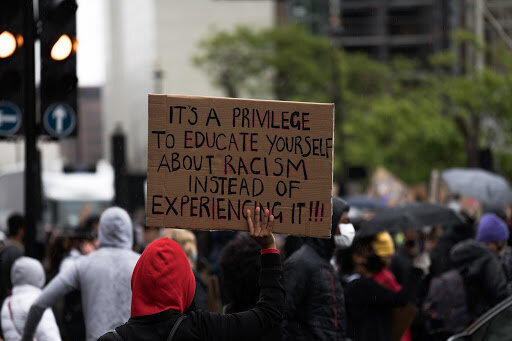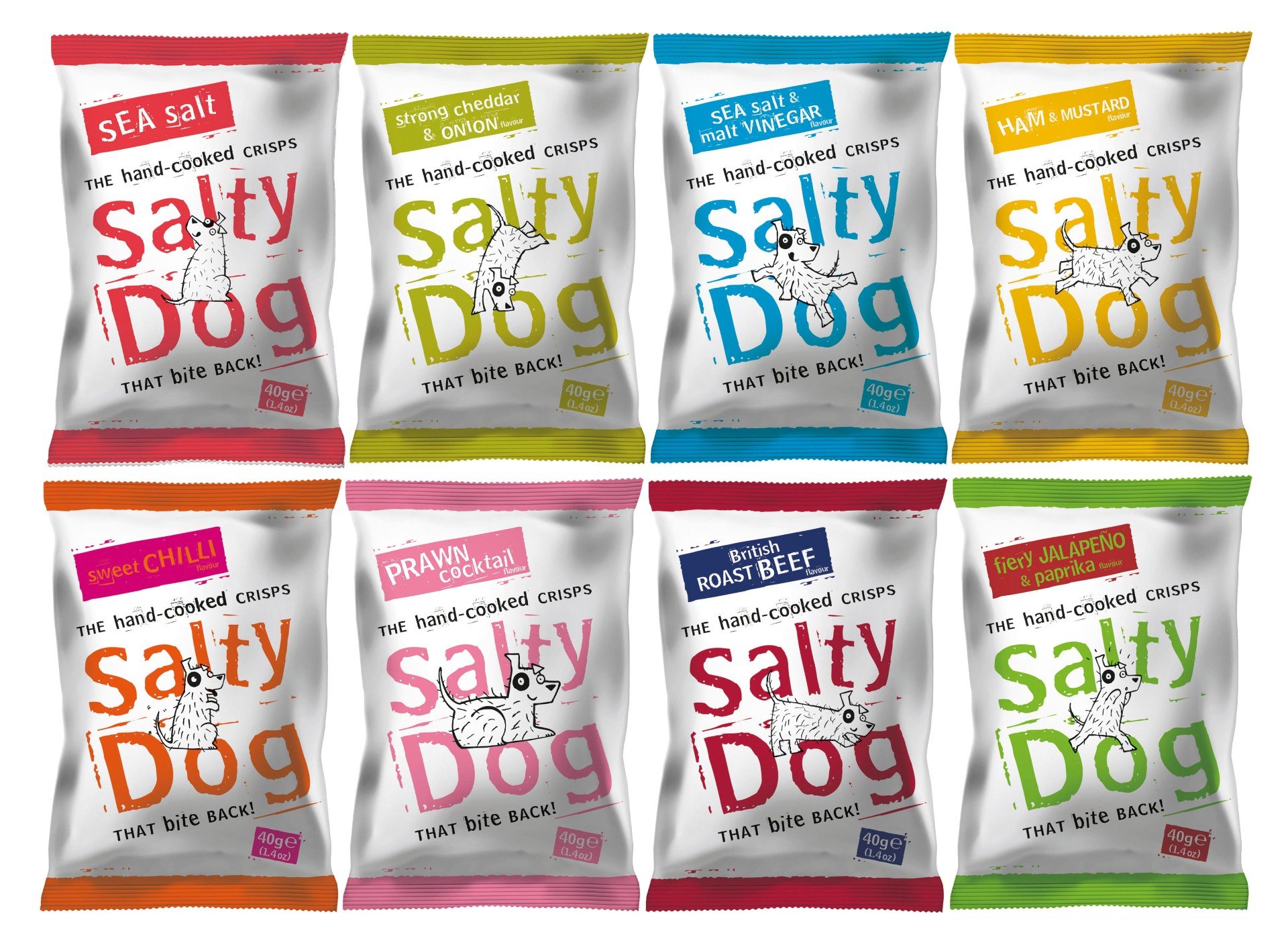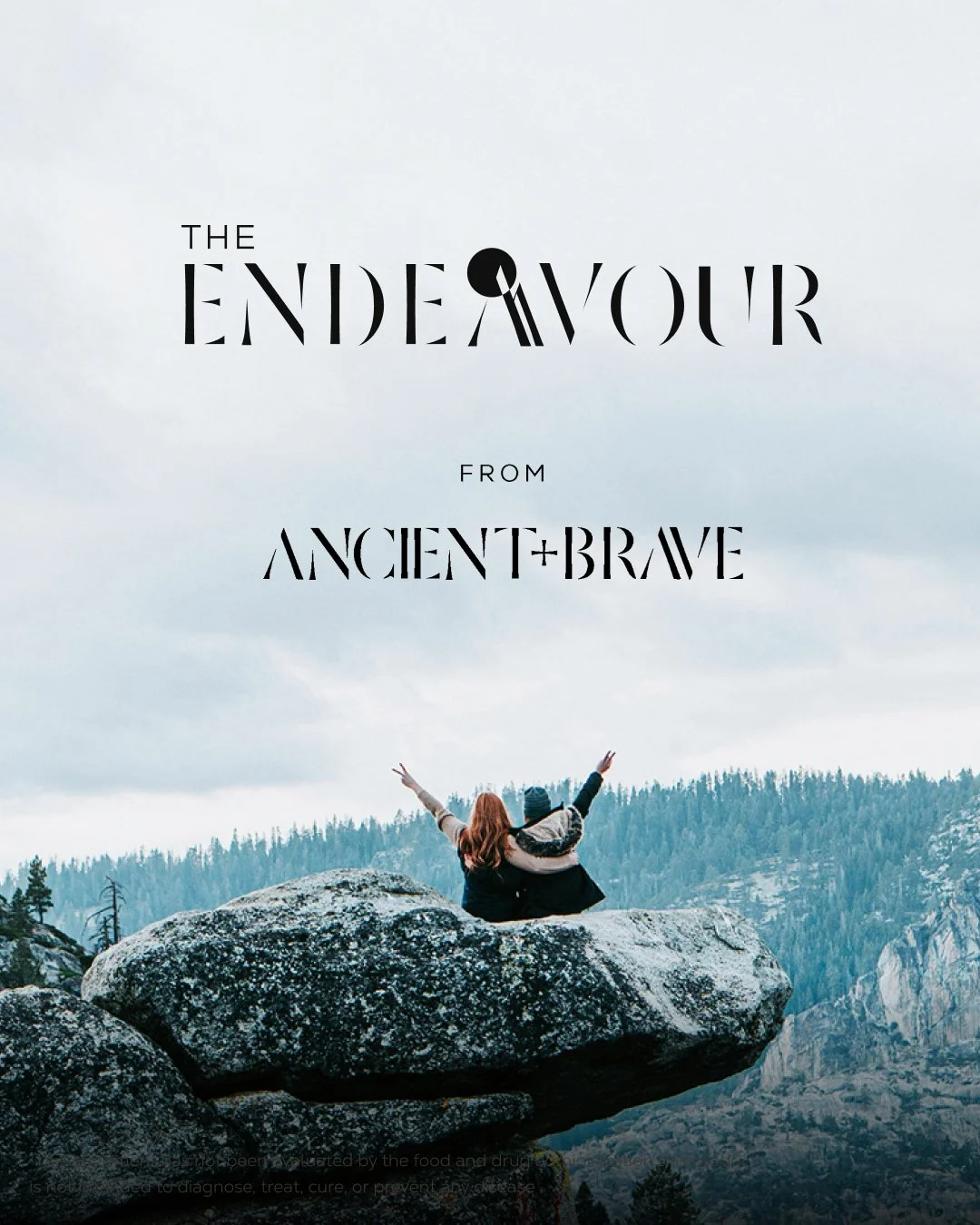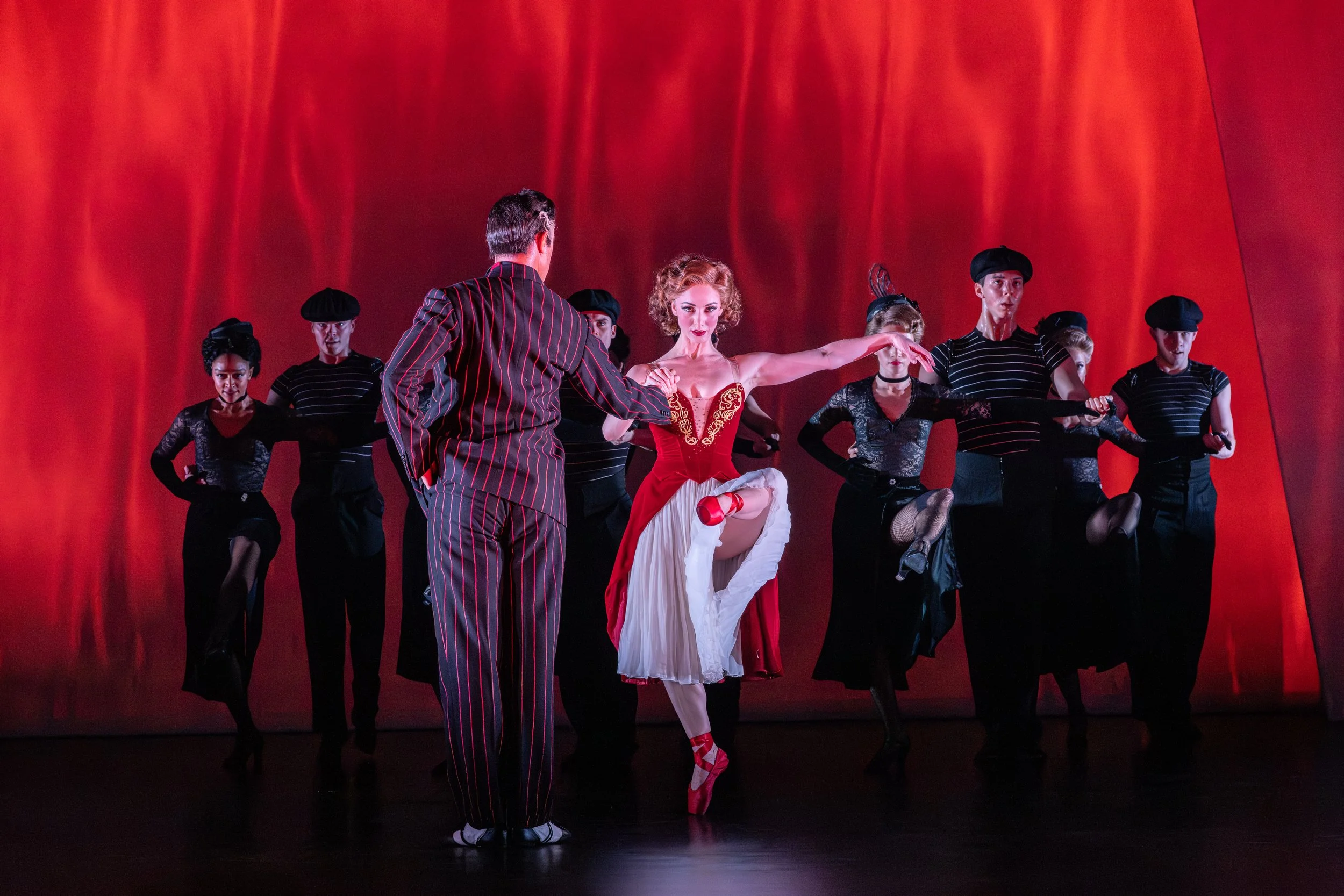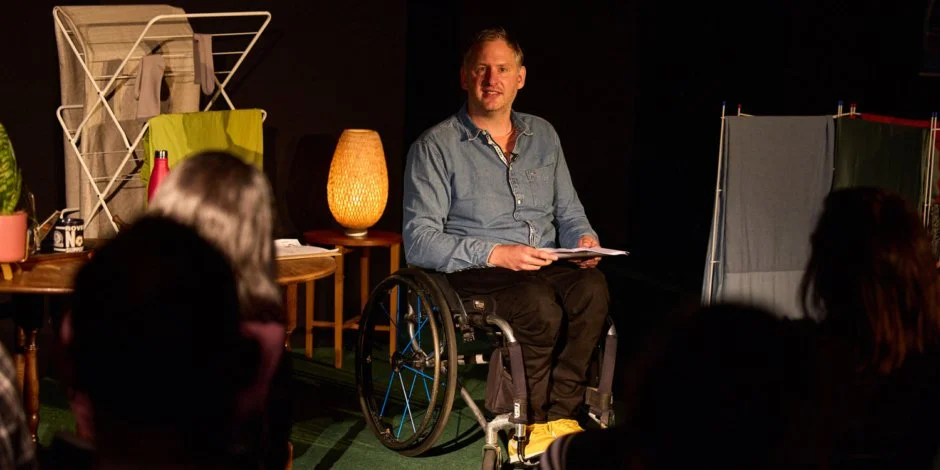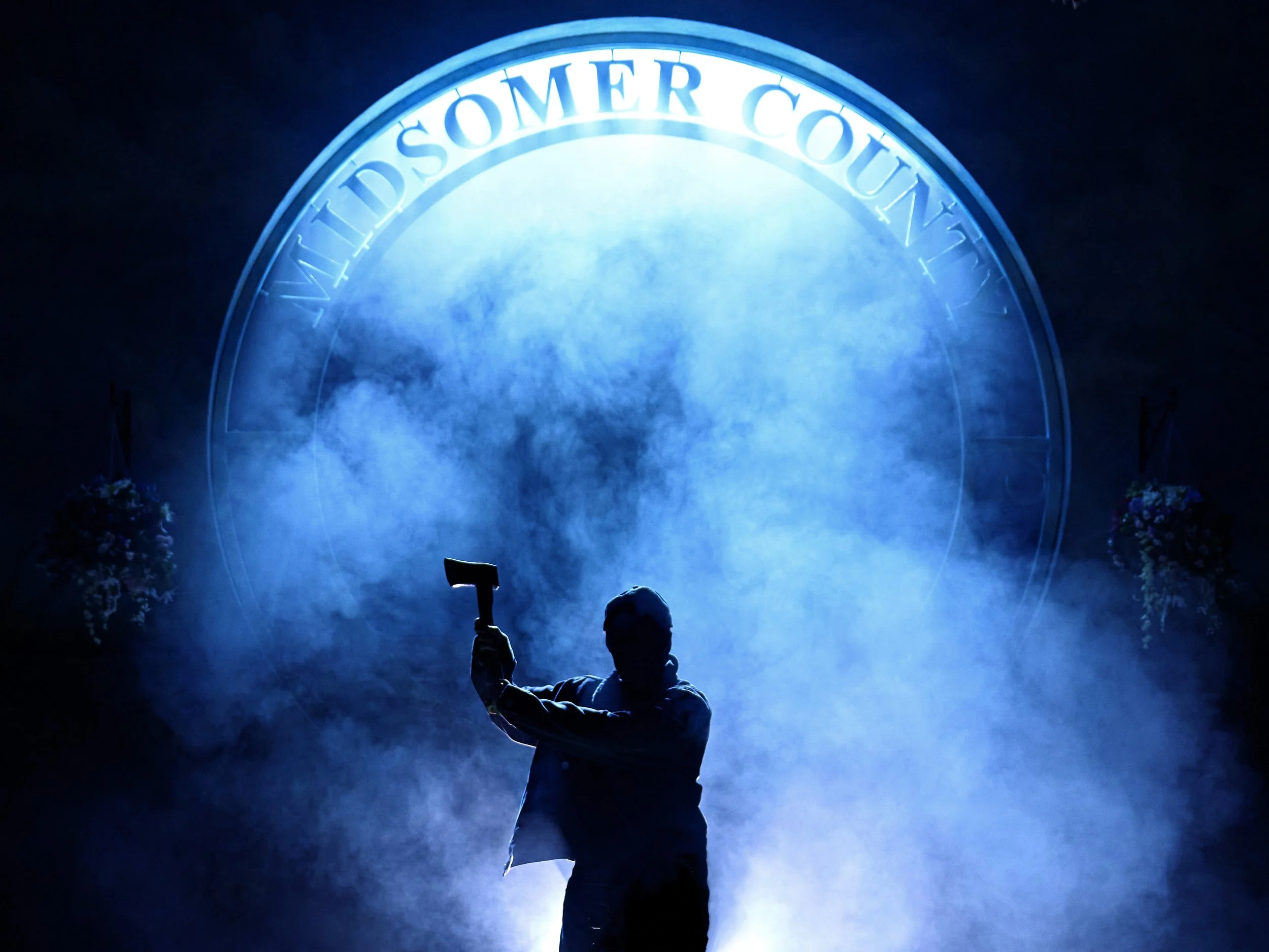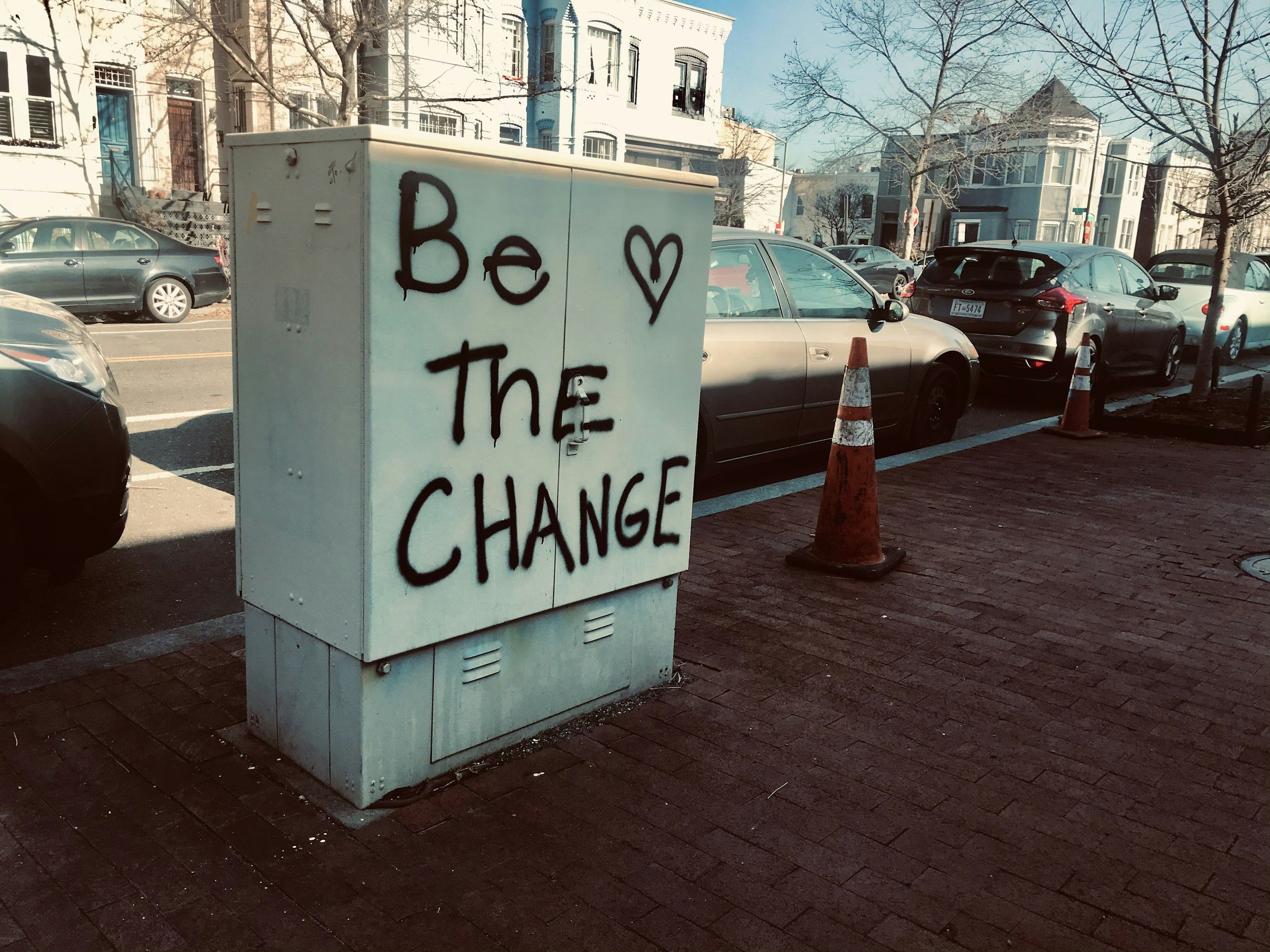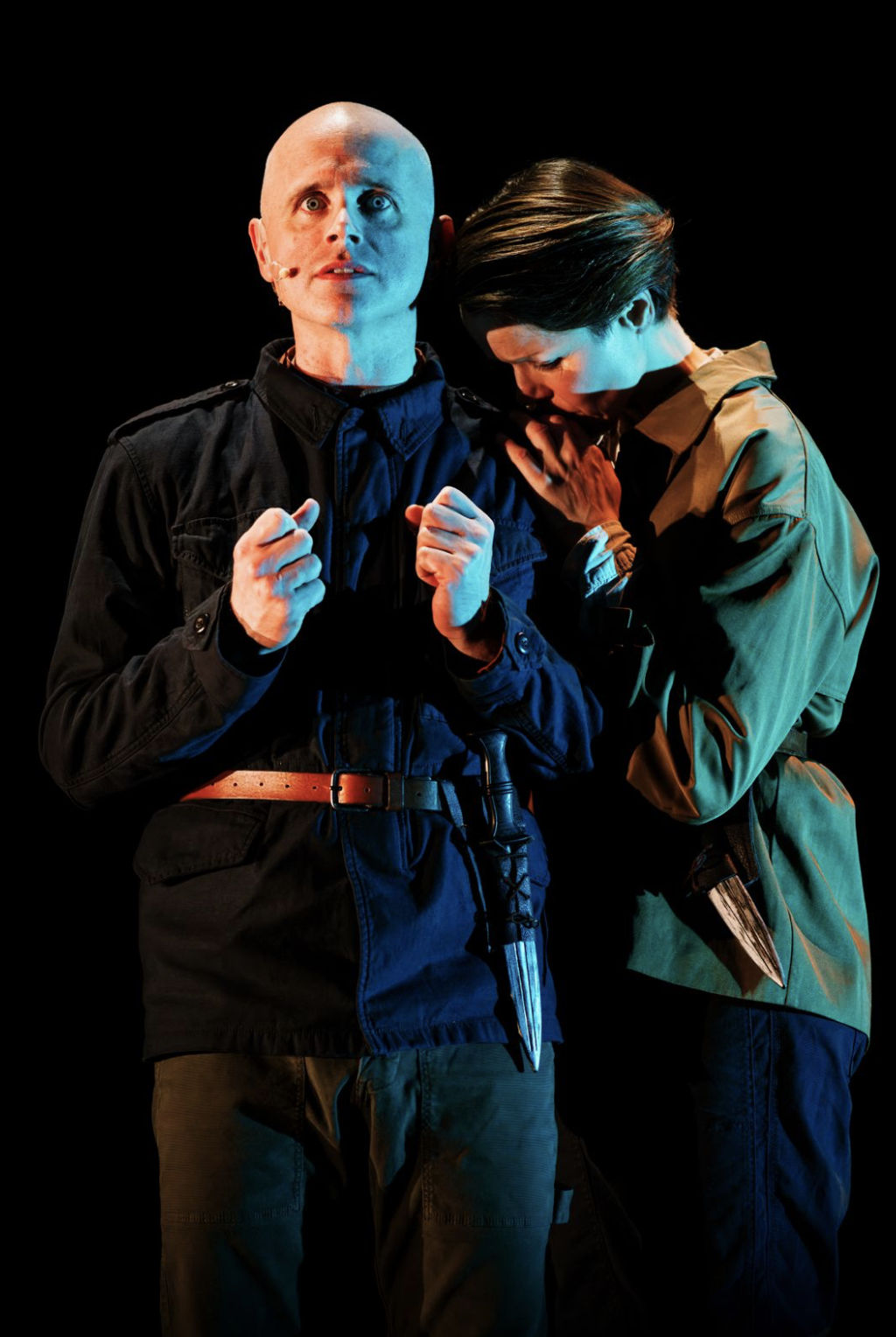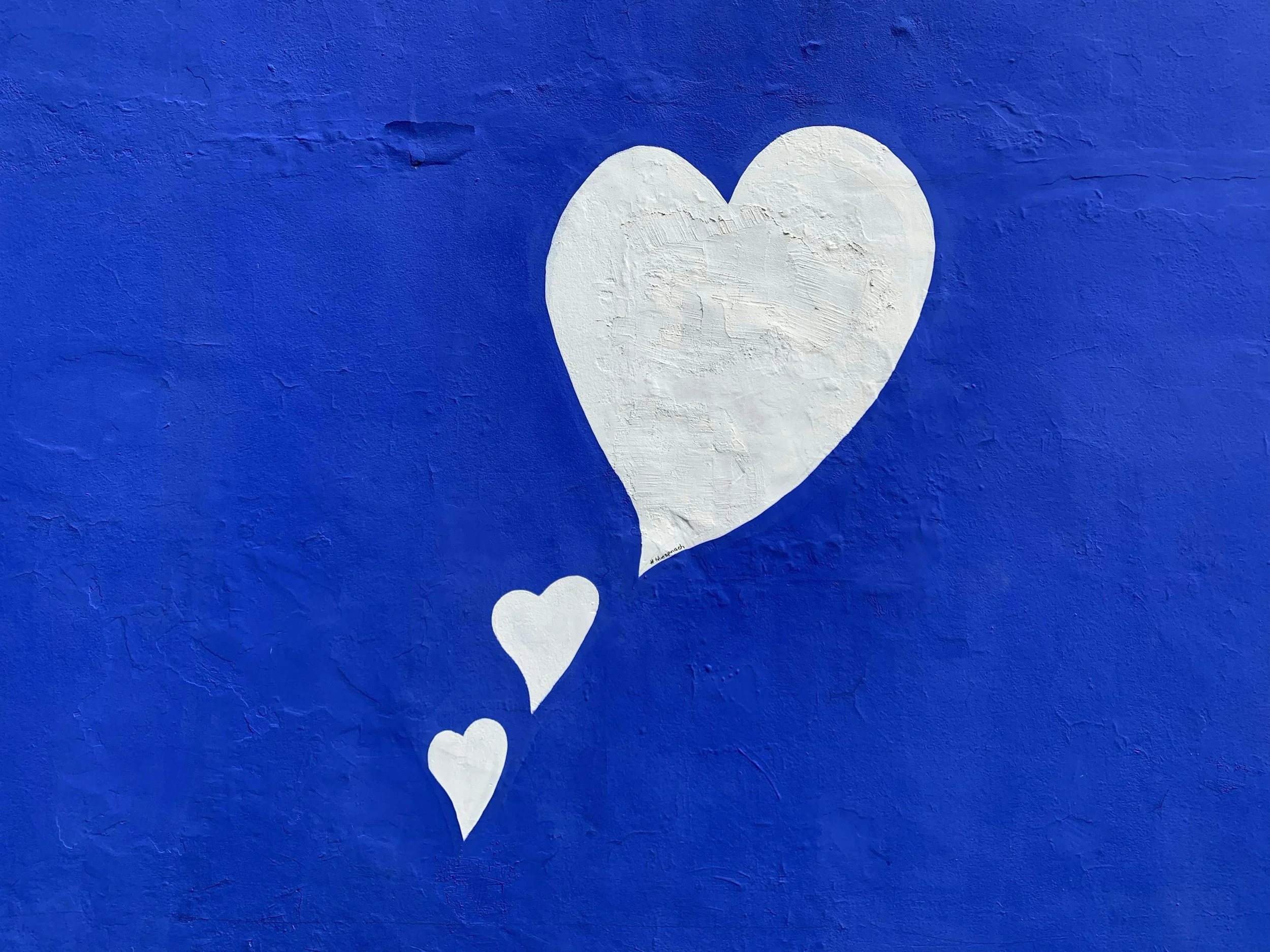Is the UK racist? Four women's stories about racism in the workplace
Eight minutes and forty-six seconds, that’s how long it took for the world to wake up and realise racism still exists.
The death of George Floyd and the countless deaths that followed reignited the Black Lives Matter movement around the world and people began to protest, ask questions and have genuine open discussions about racism and privilege.
There has been a lot of discussion about racism in the UK with a lot of people claiming it doesn’t exist. In recent months the media have tried to tarnish the BLM movement by comparing it to terrorist organisations and fascist ideologies.
Photo credit: Ehimetalor Akhere Unuabona
Racism is very much alive in the UK, it may present itself differently to the active racism we have recently seen in the States, but it does exist – it is insidious, it is built into our society and system. If you don’t pay attention it can easily be missed.
I began collecting personal testimonies from friends and family and decided to share them. By sharing the unheard stories of people of colour (POC) who have been subjugated to racism in the UK they become acknowledged. Hopefully these stories become a stepping stone to rectifying the real issues in this country and start a conversation.
The testimonies below are from women who experienced racism at work There are many different types of racism which are discussed in the testimonies below that some may not recognise as racism in the traditional sense but affect POC every day.
I am an Occupational Therapist, and have been in this profession for 11 years. In a previous position, I was the Head of the department in a large private organisation and I was treated very differently to my white counterparts. It became very apparent to me when individuals who had lower appraisal scores than most, and had been in the company for shorter periods, were granted approval for flexible working after having children– which I was later denied without reason. They had also received additional funding to help them complete their Masters Degree.
Later, one of my colleagues who managed another team became aware of my salary. He was not pleased and felt the need to investigate me because he felt my salary was too high. Whilst I was on maternity leave, he was able to engineer an investigation into my salary and looked for a way of demonstrating that the company was wasting money, thankfully this was found to be untrue by HR.
I also suffered several microaggressions, such as being called 'aggressive' or 'feisty' whenever I gave an opinion at a board meeting. I have also been asked on several occasions if they could touch my afro which was described as being like a sponge/cotton wool. People have also assumed I could dance or liked Jerk chicken.I was once gifted jerk chicken seasoning as a 'gift' and when I kindly declined, I was told that “I loved this stuff” and forced to take it home. - Fola, London
I started BBE in 2017 curating live podcasting events specifically targeting Black podcasters and influencers in the UK. As an events manager, I have experienced a fair share of racism from venues when I've contacted them to book a space for a live podcast event. When speaking to these venues over the phone they sounded very inviting but when I booked a visit in person the air was very different. Suddenly venue managers that were once super friendly over the phone were giving me sketchy responses.
It got worse when I asked them whether we could hire our own DJ and would usually be asked about the type of music they would play. Our events would feature a mixture of commercial, RnB, hip-hop, Afro swing... just regular music. They would usually claim to not allow events that play that kind of music, all the while playing those genres at their venues daily.
Other times venues have requested BBE's social media accounts and website to 'review' our past events and the kind of crowds we attract. They'd then respond saying 'unfortunately we won’t proceed with the booking because we don’t support those events: a decision which has been made by the general manager who reviews all booking requests'.
As a business, I understand the importance of ensuring your clients' safety above all so I don't blame these venues for having such stringent procedures in place. However, looking at BBE's past events shows you see a mature crowd, sitting laughing, having discussions and debates: nothing more, nothing less. What that statement REALLY means is 'we don't want Black people here.'
Central London venues have been very notorious for their racist and prejudicial attitudes towards Black women with numerous reports against club security and managers whose disgusting remarks included 'you're too dark' 'you're ugly' 'overweight' so it wasn't a major shock to me that other venues turned down my bookings. What infuriated me is the audacity to turn down my bookings because of the 'music policy' all the while playing that same music every day. If that doesn't scream racism, I don’t know what does.
It serves as a cruel reminder for us, the Black Brits that regardless of how 'normal' we appear to one another, we'll always be treated as troublesome suspects, the 'uncontrollable' that shouldn't be allowed into these premises due to unrealistic fears of how we'll behave. A reminder that false stereotypical presentations of Black people are thriving right in the heart of the very city that pretends racism is only an American problem.
That's why BBE exists: a safe space for us to have meaningful discussions without being judged unfairly and we're thankful to the venues we've worked with that have been very inviting. – Sheila, London
Photo credit: Ehimetalor Akhere Unuabona
I experienced racism in a more covert way in my previous job and it was a known fact that POC were not given the same opportunities as their white counterparts – I still pushed to get the role as I was overqualified for and more than met the credentials required. I applied for this position twice and on both occasions the role was given to less qualified white colleagues.
They also had issues with my hair - they would continually question me about my hair and the various styles I had, every time I had a new hairstyle I felt I had to do a PowerPoint presentation about it to explain that it was my hair when I had it in a ponytail, it was my hair when I had it in a bun and it was my hair when I had it blown out.
I remember coming into work one day having bumped into an old friend who was doing well for himself, I told a colleague about him and she turned to me and said “what is he doing, selling drugs?” I didn’t laugh and I wasn’t going to make her feel comfortable after making such an outrageous statement which she proceeded to justify even after she discredited everything he had accomplished. – Vicki, Essex
I once attended an assessment day style interview for a sales role where we were teamed up and given various tasks throughout the day. The feedback I received was rather questionable, I was told that my accent was an issue which was a shock to me because I have a clear London accent.
They claimed that certain clients didn’t want people that sounded like me handling their accounts, there were other people who attended the interview who had broader accents than me and they did not receive the same feedback. At the time this prejudice was very new to me, I had never had an issue with my accent when applying for a job. – Donna, London
I am a woman of colour who not only has to defend her right to be a woman but her right to be black. I have attended luncheons and dinners with heads of companies where I have been made to feel uncomfortable not only as a woman but as a person of colour– but hasn’t spoken up in fear. Fear of being thought of as emotional, as a bitch, as angry or as a problem and that is quite possibly the worst thing I have done, because I have not only let down my sex but also black women everywhere.
We must speak up.
We must speak up when they tell us our hair is unprofessional, we must speak up when they say we are being aggressive when we are not, we must speak up when we know what they are saying is wrong.
Please use the hashtags #Iamimpt #beheard and share your stories with us at @this_is_impt.
Written by Mary Raftopoulos


